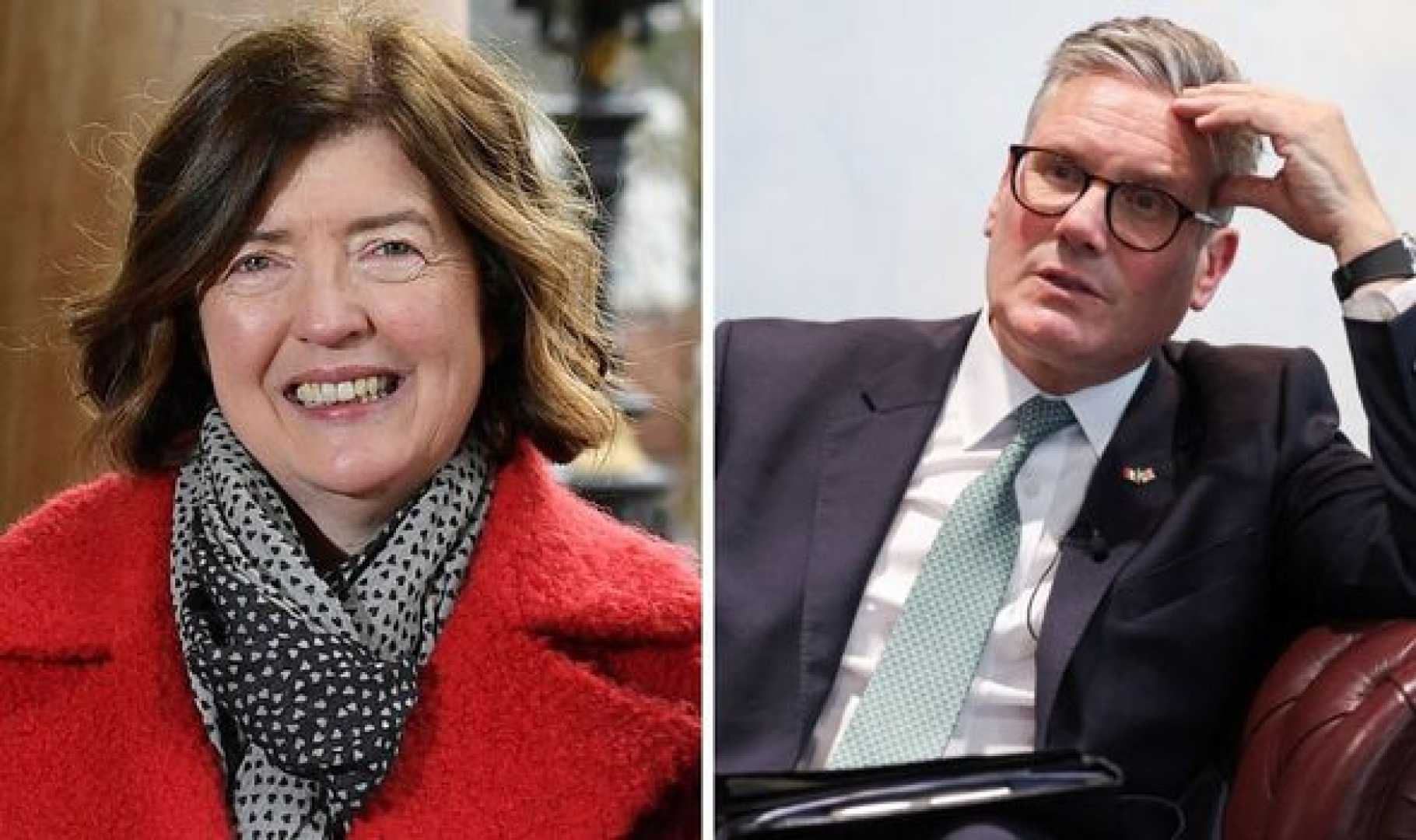Politics
Controversy Erupts Over Chief of Staff’s Salary Increase

The salary of Sue Gray, appointed as Chief of Staff to the Leader of the Labour Party, Sir Keir Starmer, has become a contentious issue within government circles. It has been reported that Ms. Gray’s salary, now set at £170,000, surpasses the Prime Minister’s salary, which is £166,786. This revelation has sparked significant backlash among political aides who feel undervalued.
Sources close to the situation suggested that Ms. Gray was advised to accept a lower figure to avoid controversy, but chose not to. However, a government spokesman denied these allegations, asserting that Ms. Gray had no role in determining her own salary. The increase in Ms. Gray’s compensation follows a recent restructuring of pay bands for special advisers, approved by the Prime Minister.
The decision to increase Ms. Gray’s salary has led to unrest among other special advisers within the Labour Party, many of whom are receiving less compensation than during their time in opposition. Several advisers have expressed their discontent and feel that this issue highlights internal discrepancies in how the current administration is managing salaries. As a result, some aides have resorted to unionizing to address these concerns more formally.
The controversy comes amidst broader discussions about fiscal prudence in the wake of widespread economic challenges faced by citizens throughout the UK. Conservative figures, including Robert Jenrick, have criticized the Labour Party for the disparity between Ms. Gray’s increased pay and the financial hardships endured by many UK households.
Several government officials defend Ms. Gray, emphasizing her vital role in shaping the policies of the Labour government. Health Secretary Wes Streeting highlighted her contributions, suggesting that the team is fortunate to have her expertise and leadership. However, others within the Labour Party express frustration, suggesting that her management style has resulted in restricted access to key decision-makers, thereby centralizing power within her office.
Amidst the ongoing debate, a Cabinet Office spokesperson reminded the public that decisions regarding special adviser salaries are made by civil service officials, not by the political appointees themselves. This statement aims to clarify that the process for determining pay is not open to manipulation by individuals within the government.
Despite the tensions, Labour leader Sir Keir Starmer has dismissed much of the criticism as unfounded, emphasizing his support for Ms. Gray and backing her efforts to drive policy implementation. He has called for the focus to remain on the priorities set by the government rather than on internal salary disputes.












